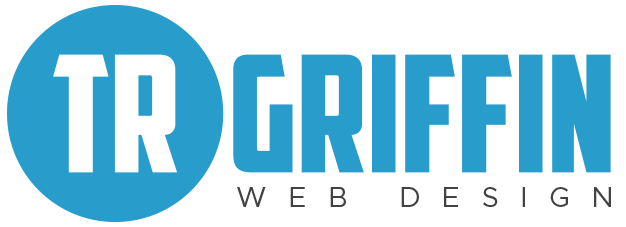The realm of programming languages is vast, with numerous options available to developers crafting web applications. From C++ and JavaScript to Python, Go, Rust, Ruby, and PHP, the choices can be overwhelming, especially for those embarking on a journey into the tech world. When setting out on such a journey, seeking advice from experienced developers who have reached their desired destinations can be invaluable. Whether you aspire to become a front-end, back-end, or full-stack developer with the goal of landing a coveted salary exceeding $80,000 per year, choosing the right programming language is a crucial step.
In Baltimore, an analysis by Technical.ly revealed that computer systems design and related services were among the top ten industries producing the highest earners in the city, particularly those earning $200,000 or more, during both 2009 and 2019. So, which coding languages should aspiring programmers focus on to break into the tech industry successfully? To provide a more personalized perspective, we asked software developers in Baltimore for their recommendations on which coding languages to learn today and whether they would choose differently if they could go back to the beginning of their careers. Here’s what five experienced developers had to say:
1. Chris Uehlinger, Software Engineer at TechSlice
Chris Uehlinger advises against starting with C, emphasizing its steep learning curve and lack of immediate gratification for beginners. Instead, he recommends starting with HTML, CSS, and JavaScript. These languages not only hold significant industry value but also constitute the building blocks of most software encountered in daily life. Learning how to read and understand the code behind websites can be highly motivating for beginners.
Chris also suggests Ruby on Rails for web development due to the abundance of resources available for learning, including bootcamps, self-directed courses, meetup groups, and mentors. He recommends adding Elixir, a functional programming language, to one’s skill set, as it is gaining popularity for building scalable web applications.
Additionally, Chris highlights the importance of general-purpose languages like Python, which can be applied in various domains, from creating software models to websites and scientific experiments. He emphasizes that the choice of language should align with one’s career goals, whether focusing on front-end, back-end, or both as a full-stack engineer.
In conclusion, Chris underscores that coding and programming are distinct skills. Mastery comes with practice, regardless of the chosen language or stack. Start with simple tasks, gradually increasing complexity over time, to become a proficient programmer.
2. Tronster Hartley, Game Developer
For those aspiring to enter the video game industry, Tronster Hartley advises tailoring their language choice to their specific interests, whether in indie or AAA game development. For a foundation applicable across various game development sectors, learning C++ (up to C++11 standards) is recommended. C++ provides a versatile base for entering the gaming industry.
For indie game development, Tronster suggests focusing on C# in conjunction with the Unity3D game engine. The Unity3D community offers abundant free resources, documentation, videos, and support networks to assist newcomers.
In contrast, those aspiring to AAA game development should prioritize C++ and, in some cases, non-object-oriented C. C++ provides an excellent starting point, with various engine options such as Godot and Unreal. Additionally, given the rising popularity of WebAssembly technology in browsers, Tronster acknowledges the value of JavaScript/TypeScript for web-based games and applications.
If he were starting his career today, Tronster would ensure a strong foundation in C++ while exploring future-oriented technologies like WebAssembly and Rust, which offers memory safety as a fundamental feature.
3. Anonymous Developer with a Unique Perspective
Reflecting on their career path, this anonymous developer acknowledges their initial experiences with C and C++ but admits to not enjoying these languages as much. While recognizing that C++ can offer job security and higher pay, they also note a potential scarcity of job opportunities compared to other languages.
In hindsight, the developer contemplates the idea of not attending college, as they found some of the coursework, particularly advanced mathematics, to be of limited practical use in their software engineering career. They acknowledge that there are various paths to success in the tech industry, with no one-size-fits-all approach. Ultimately, they encourage aspiring developers to explore different languages, make mistakes, and discover their passion.
In conclusion, the tech world offers diverse opportunities, and the journey into programming languages is a personal one. Experimentation and exploration are key to finding the right fit.
Aspiring developers can draw valuable insights from these seasoned professionals, each of whom offers a unique perspective on the world of programming languages. Whether you’re leaning towards web development, game development, or other domains, consider their recommendations and advice as you embark on your own journey in the exciting realm of coding.

